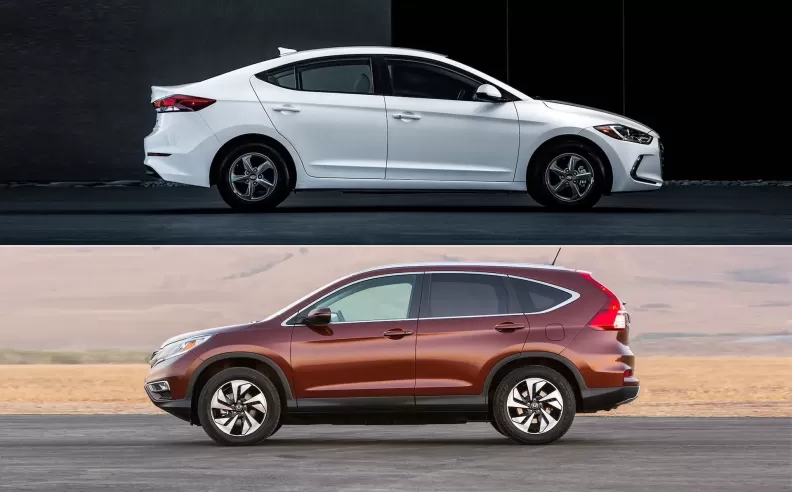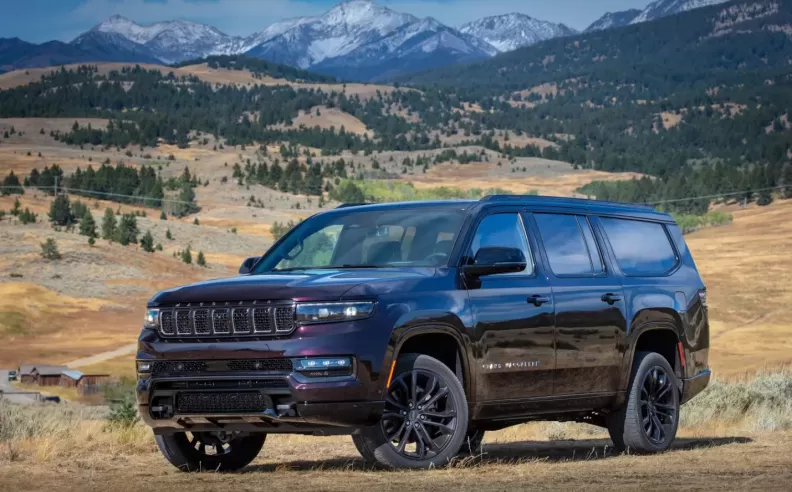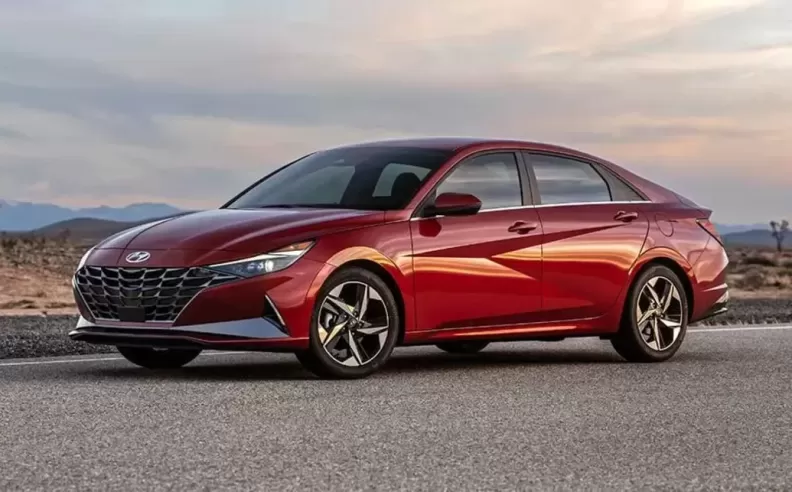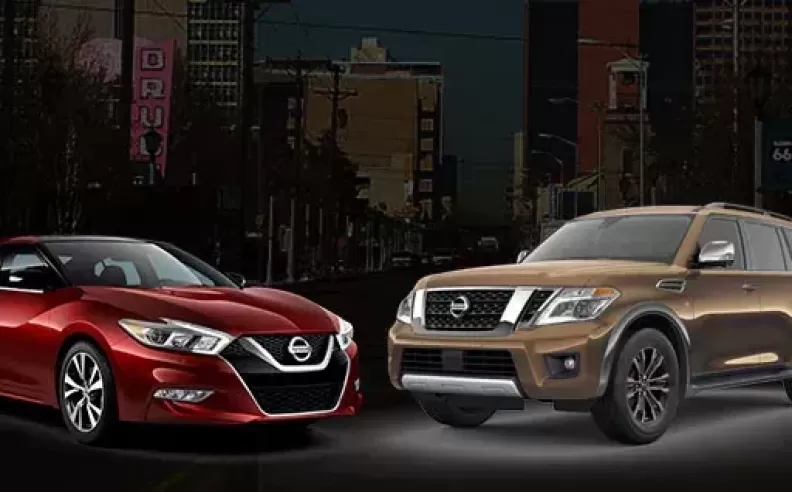
When it comes to buying a new car, one of the most important decisions you'll need to make is choosing between a sedan and an SUV. Both options offer unique advantages and cater to different lifestyles. In this article, we'll explore the key factors to consider when deciding between a sedan and an SUV, helping you make an informed choice that aligns with your needs and preferences.

Sedans are renowned for their sleek designs and compact sizes. They typically offer comfortable seating for four to five passengers and have ample trunk space. Sedans excel in urban environments, as their smaller size makes parking and maneuvering through tight spaces a breeze. If you primarily commute alone or with a small family, a sedan could be the practical choice.
On the other hand, SUVs are built with versatility and utility in mind. With larger cabins and cargo areas, SUVs provide enhanced space and seating capacity for larger families or those who frequently transport bulky items. If you require additional legroom, extra seating, or the ability to haul gear for outdoor activities, an SUV would suit your needs better.

Sedans generally offer better fuel efficiency due to their lighter weight and streamlined designs. They often feature smaller engines that consume less fuel, making them ideal for long commutes or highway driving. Sedans also tend to have better handling and maneuverability, providing a more engaging driving experience on paved roads. If you prioritize fuel economy and responsive driving dynamics, a sedan may be the right choice for you.
SUVs, while typically less fuel-efficient than sedans, have made significant advancements in recent years. Many modern SUV models now come with fuel-efficient engine options, hybrid drivetrains, or even fully electric powertrains. Additionally, SUVs offer superior visibility and ground clearance, making them a solid choice for those who frequently encounter rough roads or adverse weather conditions.

Both sedans and SUVs prioritize safety, but their designs cater to different needs. Sedans often have a lower center of gravity, which enhances stability and reduces the risk of rollovers. This makes sedans an excellent choice for individuals seeking a safe and predictable driving experience.
SUVs, on the other hand, are built with a taller and bulkier profile, offering increased visibility on the road. They often incorporate advanced safety features, such as blind-spot monitoring, collision warning systems, and adaptive cruise control, to provide a safer driving environment for both the driver and passengers. Furthermore, SUVs' elevated ride height offers a sense of security and peace of mind, especially in areas prone to flooding or poor road conditions.
Choosing between a sedan and an SUV ultimately boils down to your lifestyle, preferences, and specific requirements. Sedans excel in terms of fuel efficiency, handling, and urban maneuverability, making them a popular choice for small families or solo drivers. SUVs, on the other hand, offer enhanced space, versatility, and safety features, making them ideal for larger families, adventure enthusiasts, or individuals who prioritize cargo capacity.
Before making a final decision, consider your daily commute, passenger and cargo needs, driving habits, and budget. Additionally, test drives and research can provide valuable insights into the specific models you are considering. Ultimately, selecting the right car—whether it's a sedan or an SUV—will ensure that your next vehicle meets your expectations and enhances your driving experience.

Wael is an automotive content writer specializes in creating written content for Motor 283. Producing a wide range of content, including blog posts, articles, product descriptions, reviews, and technical guides related to cars, trucks, motorcycles, and other vehicles, with an unprecedented passion for cars, and motorcycles.
